- Browse
- Microcontroller
Microcontroller Courses Online
Explore microcontrollers for embedded system design. Learn to program and interface microcontrollers for various applications.
Explore the Microcontroller Course Catalog
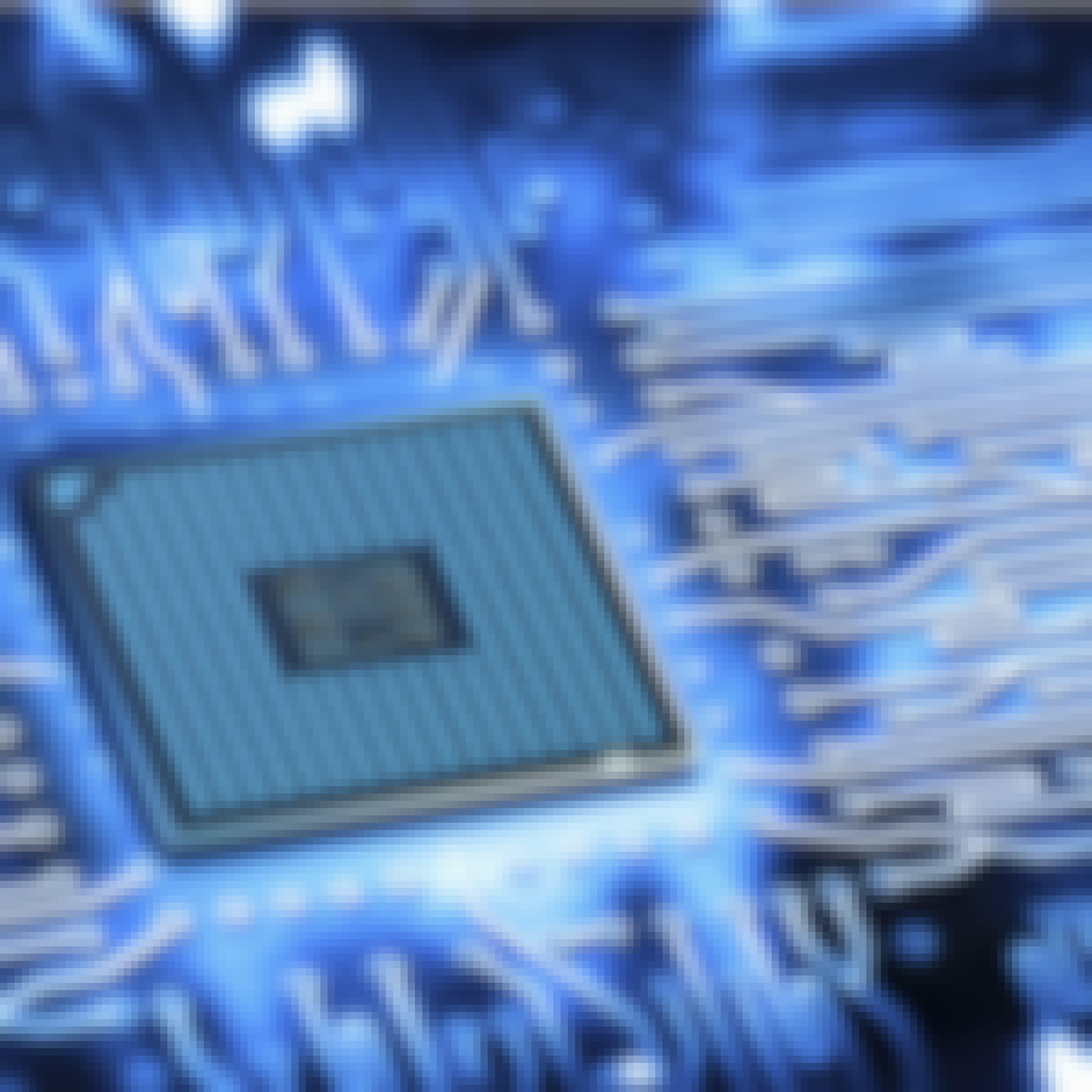 Status: Free TrialFree TrialL
Status: Free TrialFree TrialLL&T EduTech
Skills you'll gain: Embedded Software, Peripheral Devices, Integrated Development Environments, Embedded Systems, Computer Programming Tools, Development Environment, Internet Of Things, Microarchitecture, Automation, Real Time Data, Hardware Architecture, Computer Architecture, Prototyping
4.6·Rating, 4.6 out of 5 stars292 reviewsBeginner · Course · 1 - 3 Months
 Status: Free TrialFree TrialU
Status: Free TrialFree TrialUUniversity of California, Irvine
Skills you'll gain: Test Planning, Embedded Systems, Linux, Internet Of Things, Embedded Software, Basic Electrical Systems, Automation Engineering, Electronics, Functional Requirement, Operating System Administration, Electronic Components, Systems Design, Operating Systems, Network Protocols, Control Systems, Debugging, Electronic Hardware, Application Programming Interface (API), TCP/IP, Python Programming
4.7·Rating, 4.7 out of 5 stars20K reviewsBeginner · Specialization · 3 - 6 Months
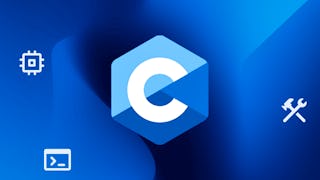 Status: Free TrialFree Trial
Status: Free TrialFree TrialSkills you'll gain: Embedded Software, C (Programming Language), Embedded Systems, Debugging, Peripheral Devices, Integrated Development Environments, Development Environment, Electronic Hardware, System Programming, Electronics, Software Development Tools, Program Development, Hardware Architecture, Data Structures, Microarchitecture, System Configuration, Programming Principles, Performance Tuning, Computer Architecture, Computer Programming
4.5·Rating, 4.5 out of 5 stars252 reviewsIntermediate · Specialization · 3 - 6 Months
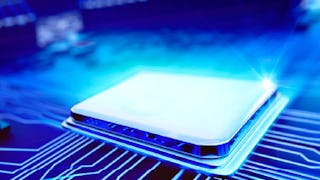 Status: Free TrialFree Trial
Status: Free TrialFree TrialSkills you'll gain: Embedded Software, Performance Tuning, System Programming, Software Development Tools, Embedded Systems, Microarchitecture, Software Development, Development Environment, Hardware Architecture, Debugging, Application Security, Secure Coding, Computer Architecture, C (Programming Language), System Configuration, Application Development, C++ (Programming Language), System Requirements, Product Support
4.6·Rating, 4.6 out of 5 stars198 reviewsIntermediate · Specialization · 3 - 6 Months
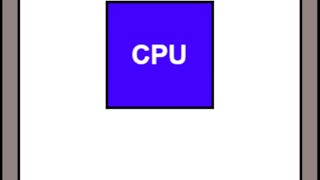 Status: NewNewU
Status: NewNewUUniversity of Colorado Boulder
Skills you'll gain: Microarchitecture, Hardware Design, Computer Architecture, Embedded Software, Embedded Systems, Electronic Systems, Application Specific Integrated Circuits, Serial Peripheral Interface, Computer Hardware, Electronic Components, USB, Performance Tuning, Peripheral Devices, Real-Time Operating Systems, Debugging
Intermediate · Course · 1 - 3 Months
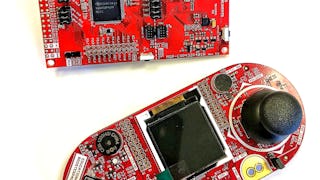 U
UUniversity of Colorado Boulder
Skills you'll gain: Embedded Software, Embedded Systems, Debugging, Data Structures, System Programming, Microarchitecture, C (Programming Language), Hardware Architecture, Computer Architecture, Integrated Development Environments, Software Design, Maintainability, System Configuration, Development Environment, Peripheral Devices
4.5·Rating, 4.5 out of 5 stars526 reviewsIntermediate · Course · 1 - 4 Weeks
What brings you to Coursera today?
 Status: Free TrialFree TrialÉ
Status: Free TrialFree TrialÉÉcole Polytechnique Fédérale de Lausanne
Skills you'll gain: Digital Communications, Communication Systems, Image Analysis, Telecommunications, Electrical and Computer Engineering, Embedded Systems, Electronic Systems, Electronics, Electronics Engineering, Engineering Analysis, Engineering Calculations, Programming Principles, Numerical Analysis, Advanced Mathematics, Algorithms, Linear Algebra, Calculus, Applied Mathematics, Data Mapping, Mathematical Modeling
4.5·Rating, 4.5 out of 5 stars790 reviewsIntermediate · Specialization · 3 - 6 Months
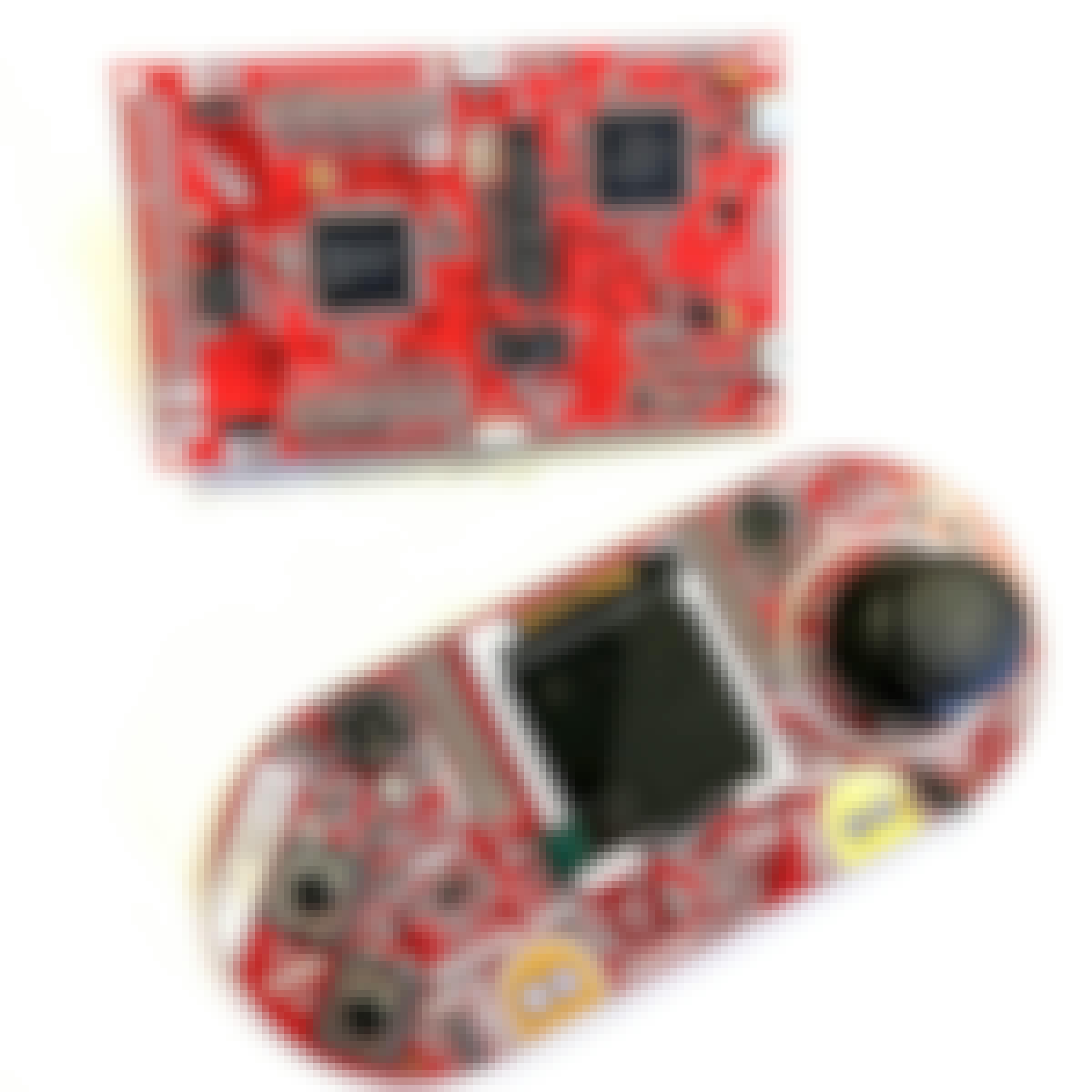 U
UUniversity of Colorado Boulder
Skills you'll gain: Software Configuration Management, Embedded Software, Embedded Systems, Git (Version Control System), Version Control, Build Tools, Software Development Tools, C (Programming Language), Development Environment, Program Development, Software Design, Hardware Architecture, Debugging, Command-Line Interface
4.5·Rating, 4.5 out of 5 stars643 reviewsIntermediate · Course · 1 - 4 Weeks
 Status: Free TrialFree TrialU
Status: Free TrialFree TrialUUniversity of Colorado Boulder
Skills you'll gain: Embedded Systems, Control Systems, Process Control, Machine Controls, Electronic Systems, Embedded Software, Electronics, Engineering, Scientific, and Technical Instruments, Electronics Engineering, Electronic Hardware, Real Time Data, Automation Engineering, Three-Phase, Manufacturing Processes, Electrical Equipment, Electrical Systems, Hardware Design, Power Electronics, Electrical and Computer Engineering, Electrical Engineering
Build toward a degree
4.6·Rating, 4.6 out of 5 stars2.9K reviewsIntermediate · Specialization · 3 - 6 Months
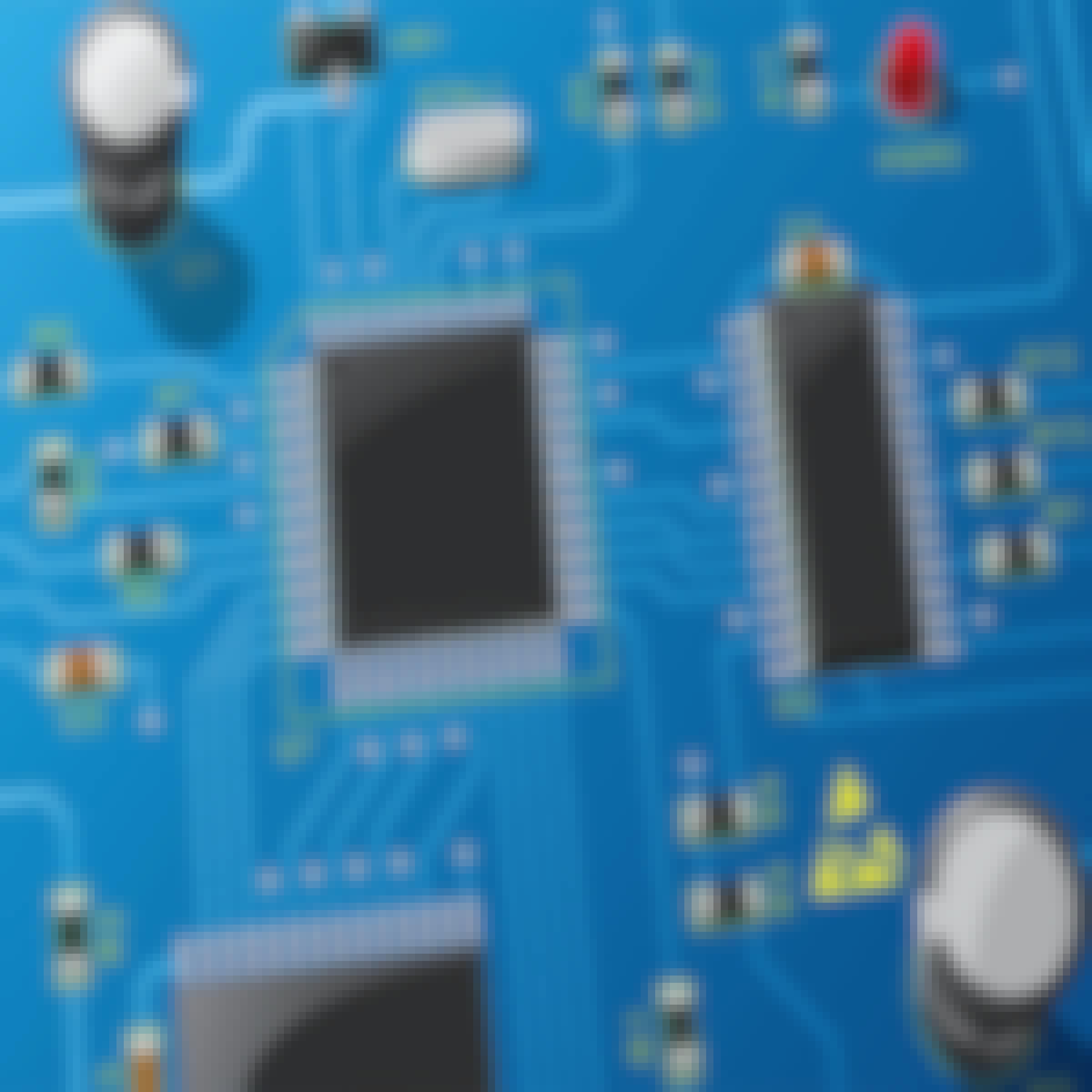 Status: FreeFreeP
Status: FreeFreePPrinceton University
Skills you'll gain: Microarchitecture, Computer Architecture, Hardware Architecture, Computer Systems, Computer Engineering, Systems Architecture, Operating Systems, Performance Tuning, Scalability
4.7·Rating, 4.7 out of 5 stars3.7K reviewsAdvanced · Course · 3 - 6 Months
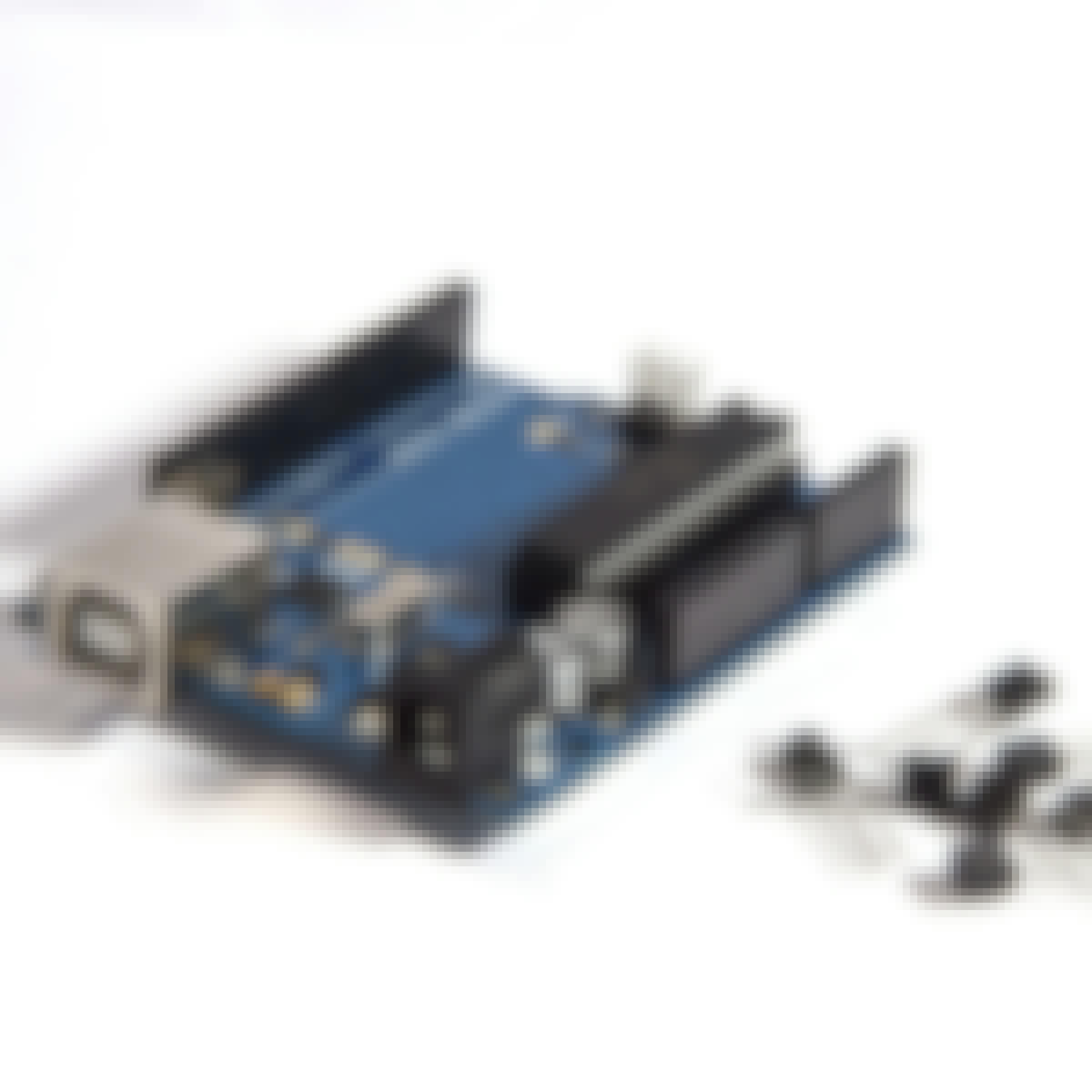 Status: Free TrialFree TrialU
Status: Free TrialFree TrialUUniversity of California, Irvine
Skills you'll gain: Internet Of Things, Basic Electrical Systems, Automation Engineering, Electronics, Electronic Components, Embedded Systems, Control Systems, Electronic Hardware, Wireless Networks, Electrical and Computer Engineering, Hardware Design, Peripheral Devices, Human Machine Interfaces, Electrical Wiring, Computer Systems, Programming Principles, Systems Engineering, Computer Programming, Remote Access Systems, Interactive Learning
4.7·Rating, 4.7 out of 5 stars3.9K reviewsMixed · Course · 1 - 4 Weeks
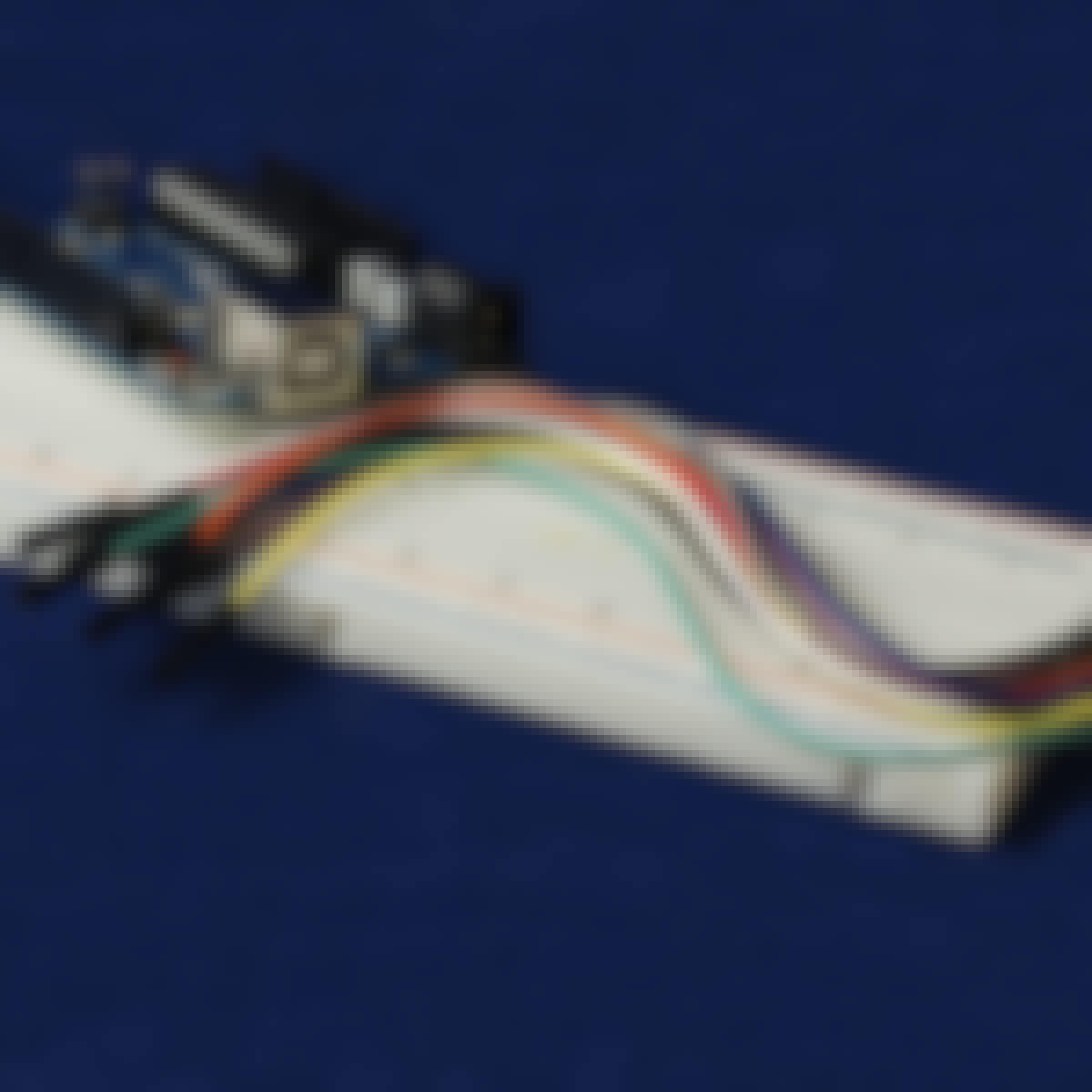 Status: Free TrialFree TrialU
Status: Free TrialFree TrialUUniversity of California, Irvine
Skills you'll gain: Embedded Software, Embedded Systems, Debugging, C (Programming Language), Electronic Components, Computer Hardware, Integrated Development Environments, Programming Principles, Computer Programming, Electronics Engineering, Program Development, Development Environment, Digital Communications, Open Source Technology
4.7·Rating, 4.7 out of 5 stars7.2K reviewsMixed · Course · 1 - 4 Weeks
Microcontroller learners also search
In summary, here are 10 of our most popular microcontroller courses
- Microcontroller and Industrial Applications: L&T EduTech
- An Introduction to Programming the Internet of Things (IOT): University of California, Irvine
- Embedded Software Development with C: EDUCBA
- Arm Cortex-M Architecture and Software Development: Arm
- Microcontrollers: Basic Architecture and Design: University of Colorado Boulder
- Embedded Software and Hardware Architecture: University of Colorado Boulder
- Digital Signal Processing: École Polytechnique Fédérale de Lausanne
- Introduction to Embedded Systems Software and Development Environments: University of Colorado Boulder
- Embedding Sensors and Motors: University of Colorado Boulder
- Computer Architecture: Princeton University
Frequently Asked Questions about Microcontroller
A microcontroller is a small, low-cost, integrated circuit designed to manage a specific task in an embedded system. Essentially a tiny computer on a chip, a standard microcontroller has a processor, memory, and input/output (I/O) peripherals on a semiconductor integrated circuit chip. Developed and put to use by an engineer at Texas Instruments in the early 1970s, microcontrollers are used in an assortment of computer-linked systems and devices. In some devices, there are usually several microcontrollers that work together to handle the specific tasks within a device.
In cars, for example, several microcontrollers often communicate to manage processes like fuel injection, anti-lock braking systems, suspension, or traction control. In doing so, they provide instructions to these devices to accomplish individual tasks.
It's important to learn about microcontrollers for their uses in many of the processes in machines, appliances, and devices. Having knowledge of how they operate can help you move within industries that use minicomputer power for their devices. Because microcontrollers are used for specific tasks, they do not require the extra RAM, ROM, and other peripherals embedded into a single chip that a microprocessor would need to power up a computer.
The most common microcontrollers include the 8051 microcontrollers used for many general purposes, the low-cost PIC microcontrollers, ARM microcontrollers used in RISC computer applications, and AVR microcontrollers, which are used in cars and trucks, office machines, automated vending machines, and home appliances.
The use of microcontrollers in many industries means you can find multiple career opportunities in materials handling, production specialist roles, application engineers jobs, and other similar engineering-focused jobs with a chip maker or similar company.
Microcontrollers are used to power the systems in our homes and workplaces and to build automation. They're found in industrial automation, manufacturing processes, robotics engineering, smart energy applications, and Internet of Things innovations.
When you take online courses about microcontrollers, you can learn their importance in real-time operating systems. You can also learn about the history and application of microcontrollers throughout the years.
Taking online courses can help you understand how microcontroller technology is used in today's computer architecture and applications. You will likely also gain insights about the miniaturization of computing power and the multiple ways that microcontrollers have transformed our manufacturing processes.
Online Microcontroller courses offer a convenient and flexible way to enhance your knowledge or learn new Microcontroller skills. Choose from a wide range of Microcontroller courses offered by top universities and industry leaders tailored to various skill levels.
When looking to enhance your workforce's skills in Microcontroller, it's crucial to select a course that aligns with their current abilities and learning objectives. Our Skills Dashboard is an invaluable tool for identifying skill gaps and choosing the most appropriate course for effective upskilling. For a comprehensive understanding of how our courses can benefit your employees, explore the enterprise solutions we offer. Discover more about our tailored programs at Coursera for Business here.










